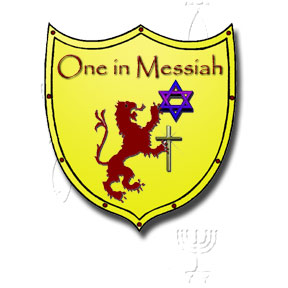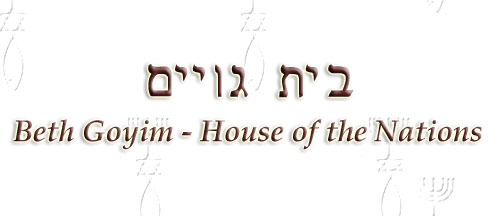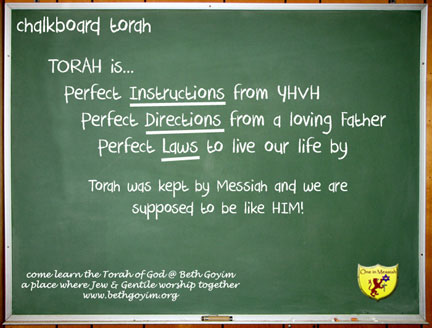


800 West 3rd Ave. Lexington, NC 27292 (973) 338-7800

B'resheet/Genesis Vayishlach 32:4–36:43
The name of the Parshah, "Vayishlach," means "And he sent" and it is
found in Genesis 32:4.
Jacob returns to the Holy Land after a 20-year stay in Charan, and sends
angel-emissaries to Esau in hope of a reconciliation, but his messengers
report that his brother is on the warpath with 400 armed men. Jacob
prepares for war, prays, and sends Esau a large gift (consisting of
hundreds of heads of livestock) to appease him.
Jacob Wrestles with God
While the servants were bringing Jacob’s gifts to Esau, Jacob moved his
wife and children to yet another camp. Jacob was left alone in camp and
someone wrestled with him until the break of day. When the one that
wrestled with Jacob saw that it was impossible to win, that one touched
the upper joint of Jacob’s thigh and it was dislocated.
Then the one that was fighting against Jacob said, “Let me go for day is
breaking.”
But Jacob responded, “I will not let you go unless you bless me.”
“What is your name?” asked the wrestler.
“Jacob.”
“Then your name shall no longer be Jacob but Israel, for in prevailing
in this fight you have become the commanding power before God and men.”
The one that wrestled Jacob would not give a name, but did bless Jacob.
Jacob then named the place Peniel: “For I have seen the Divine face to
face and my character has remained intact.” Then Jacob limped away.
Jacob and Esau meet, embrace and kiss, but part ways. Jacob purchases a
plot of land near Shechem, whose crown prince—also called Shechem—abducts
and rapes Jacob’s daughter Dinah. Dinah’s brothers Simeon and Levi
avenge the deed by killing all male inhabitants of the city, after
rendering them vulnerable by convincing them to circumcise themselves.
Jacob journeys on. Rachel dies while giving birth to her second son,
Benjamin, and is buried in a roadside grave near Bethlehem. Reuben loses
the birthright because he interferes with his father’s marital life.
Jacob arrives in Hebron, to his father Isaac, who later dies at age 180.
(Rebecca has passed away before Jacob’s arrival.)
Our Parshah concludes with a detailed account of Esau’s wives, children
and grandchildren; the family histories of the people of Seir, among
whom Esau settled; and a list of the eight kings who ruled Edom, the
land of Esau’s and Seir’s descendants.

Always remember Yeshua the Messiah is the same yesterday, today and forever.
He is and always will be a Jew.
Shabbat "The Lord's day-Sat", Bible Study (Tuesday)
SHABBAT "Saturday" at 11 AM - Bible Study Tuesday night 7:30-9:00PM EST





